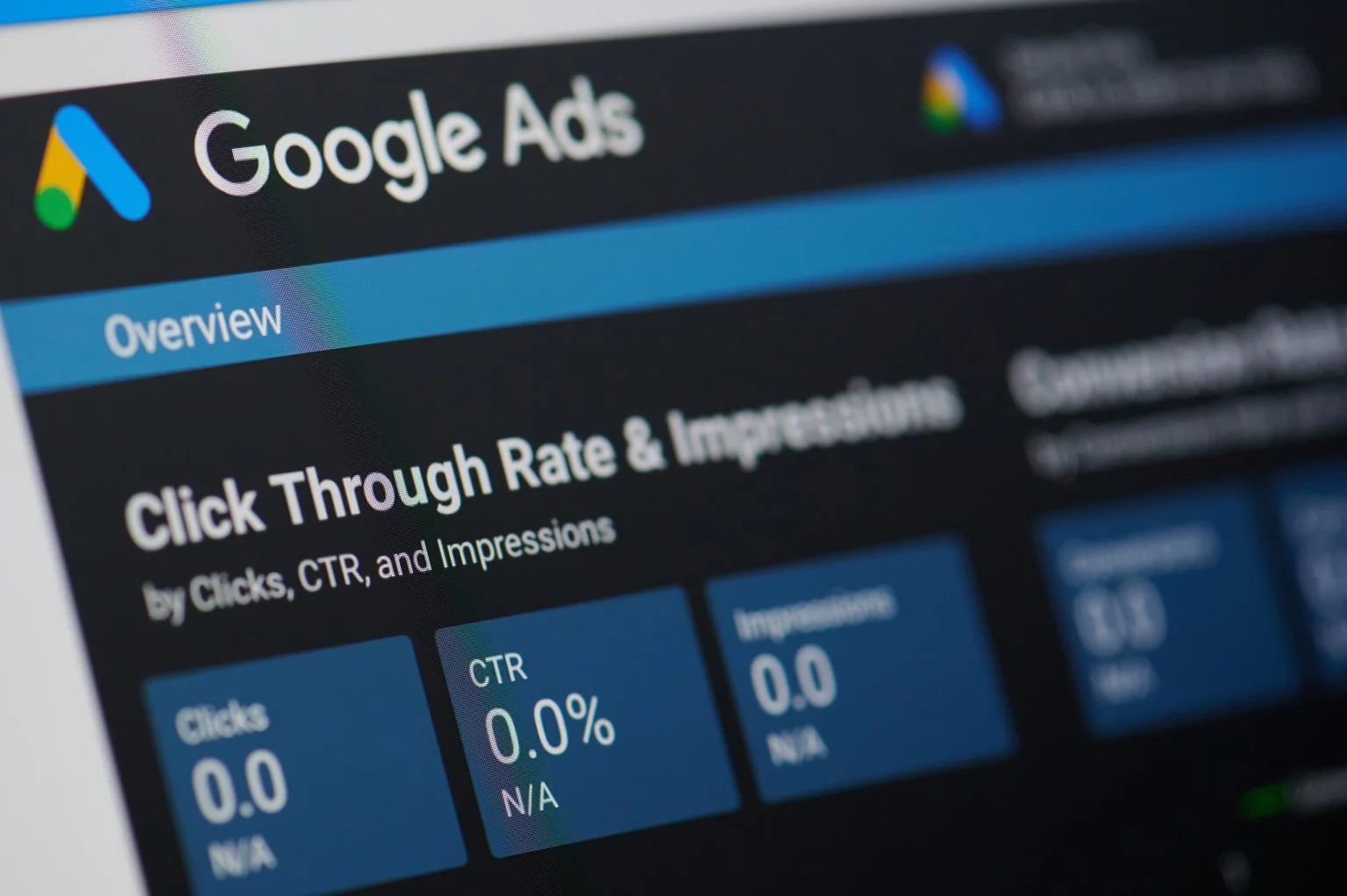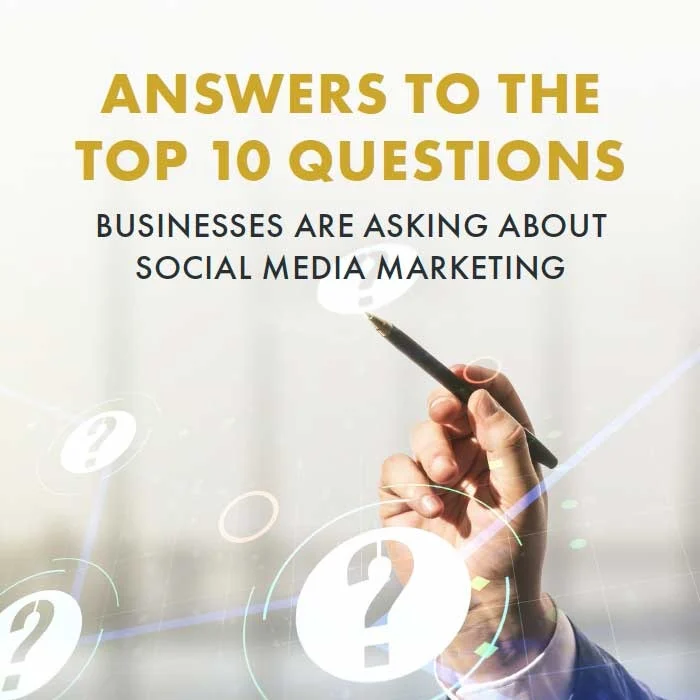Why Marketing Matters for Landscaping Businesses
In an industry where trust is everything (you're literally digging up people's property, after all), content marketing helps establish your authority long before you show up with a shovel. Here's why it matters:
Landscaping decisions are highly visual - People need to see what you can do. Projects are high-investment. Clients research extensively before committing. Expertise matters - Demonstrating knowledge builds confidence. Local relevance is crucial - Regional plant knowledge and climate expertise matter. Seasonal timing is everything - Educational content can drive action at key decision points.
According to recent data, 78% of local service customers check out a company's online presence before making contact. By creating valuable content, you're not just filling space on your website—you're actively building the case for why you're the obvious choice.
Setting Realistic Marketing Budgets & Measuring ROI
For landscaping businesses, determining your marketing budget isn't about following arbitrary rules—it's about strategic investment. Most successful landscaping companies allocate between 7% and 10% of their gross revenue to marketing, but this varies based on growth goals and business maturity.
Establishing Your Budget Framework:
- Growth-Stage Companies (under 3 years): Consider investing 10-12% of revenue to build market presence
- Established Businesses: Target 7-8% for maintenance and steady growth
- Seasonal Adjustments: Increase spending by 20-30% during pre-season months (typically 60-90 days before your busy season begins)
The key is balancing immediate lead generation with long-term brand building. Allocate approximately:
- 40% toward direct response campaigns (promotions that drive immediate action)
- 60% toward brand-building activities
Calculating True Marketing ROI:
Look beyond simple "cost per lead" metrics to understand your true marketing ROI. Track these essential formulas:
1. Customer Acquisition Cost (CAC):-
- Total Marketing Spend ÷ Number of New Customers = CAC
- Example: $5,000 spent / 10 new clients = $500 CAC
2. Customer Lifetime Value (CLV):- Average Job Value × Average Jobs Per Year × Average Customer Lifespan = CLV
- Example: $2,500 × 2 jobs/year × 3 years = $15,000 CLV
3. Marketing ROI:- (CLV - CAC) ÷ CAC × 100 = ROI Percentage
- Example: ($15,000 - $500) ÷ $500 × 100 = 2,900% ROI
Let's face it—when someone's lawn looks like it's auditioning for "Jumanji" or their patio resembles ancient ruins (and not in the cool, Instagram-worthy way), they're frantically Googling for local landscaping heroes. The question is: will your business show up as their knight in shining armor, or are you buried somewhere on page 37 of search results?
For landscaping and hardscaping companies, great marketing isn't just about pretty pictures of perfect lawns—it's about positioning yourself as the trusted local expert who can transform outdoor nightmares into dream spaces. And trust us, in an industry where everyone claims to be "the best," standing out requires more than just posting before-and-after photos of your latest hedge trimming masterpiece.
Let's dig into how you can cultivate a marketing strategy that grows your landscaping business faster than weeds after a rainstorm.
Understanding Your Landscaping Audience
Before you start creating content or running ads, you need to know exactly who you're trying to reach. Landscaping customers typically fall into these distinct groups:
1. Residential Homeowners
These folks are looking at their sad-looking yards and thinking, "I should probably do something about that... eventually." They want beautiful outdoor spaces but often procrastinate until something becomes an eyesore. They care about curb appeal (and keeping up with the Joneses), outdoor living spaces they can actually enjoy, manageable maintenance requirements, fair pricing, and trustworthiness.
They're not just buying landscaping—they're buying Sunday barbecues with friends, peaceful morning coffee spots, and the neighbors' jealous glances.
2. High-End Residential Clients
These clients aren't just looking for basic lawn care—they want showstopping landscapes that make their property stand out. They want custom design expertise, premium materials and unique features, white-glove service experience, status and exclusivity, and long-term relationships with experts they trust. They don’t just want a nice lawn, they’re looking for a backyard transformation with water features, an outdoor kitchen, and a deck for their inground pool.
3. Commercial Property Managers
Managing multiple properties means these clients need efficiency and reliability above all. Their priorities include consistent maintenance across properties, quick response times, minimal disruption to tenants/customers, cost-effective solutions, clear communication and reporting, and compliance with regulations.
4. New Home Developers
These clients need partners who can handle volume while maintaining quality. They're looking for standardized but attractive landscaping packages, efficient installation processes, competitive pricing for multiple properties, the ability to meet tight deadlines, and easy communication systems.
Pro Tip: Don't try to be everything to everyone. Choose 1-2 audience segments to focus on, and tailor your marketing specifically to their needs and pain points. Speaking directly to a specific audience always beats generic messaging.
Creating Authority-Building Content
Ready to become the landscaping guru of your community? Here's the content that will help you grow faster than bamboo:
Creating localized seasonal guides establishes you as the go-to expert in your specific region. By addressing the unique climate challenges and plant varieties that thrive in your area, you demonstrate specialized knowledge that national chains can't match. Content like "Your Month-by-Month Guide to Lawn Care in [Your City]" or "Native Plants That Thrive in [Your Region]'s Climate" speaks directly to local homeowners' needs and challenges.
This regional specificity builds stronger connections with your target audience, who recognize you understand their particular landscaping concerns. When you address issues like preparing irrigation systems for your city's summer heat or protecting plants from local frost patterns, potential clients feel seen and understood. This localized approach creates content that resonates deeply, positioning you as the obvious choice when they need professional landscaping services.
Promoting for Maximum Reach
Creating great content is just the first step. Next, you need to make sure your ideal clients actually see it.
1. Google Business Profile: Your Digital First Impression
Listen up, landscaping pros! Your Google Business Profile isn't just another online listing—it's often the very first thing potential customers see when searching for local landscaping services.
Think of it as your digital storefront window, showcasing your very best work to people actively looking for what you offer. Upload at least 10-15 high-quality photos of your best work, actively request and respond to reviews, post seasonal updates weekly, and include precise service areas and business hours.
Pro Marketing Tip: Create Google Posts with seasonal calls-to-action like "Book Your Spring Clean-Up Now" or "Limited Slots for Summer Patio Installations" to create urgency.
2. Email Marketing: Nurturing Green Relationships
Email marketing has an ROI of $36 for every $1 spent, making it the most cost-effective way to stay connected with past clients and prospects. Your strategy should follow the 60-30-10 rule: 60% Educational (seasonal maintenance tips, plant care advice), 30% Promotional (service highlights, limited-time offers), and 10% Community Connection (local events, team spotlights).
Segment your list for targeted messaging to past clients due for seasonal services, prospects who requested quotes but didn't book, new homeowners in your service area, and commercial versus residential clients.
3. Video Marketing: Show, Don't Just Tell
Landscaping is inherently visual, making video marketing particularly effective. In fact, 72% of customers prefer learning about services through video. Create project time-lapses that compress multi-day transformations into 60-second before-and-after reveals, design walkthroughs touring completed projects while explaining key features, seasonal tutorials offering quick tips for common seasonal challenges, and team spotlights showcasing your experts and their specialized knowledge.
Distribution channels should include YouTube (optimized for search), Instagram Reels for quick inspiration, and Facebook for targeting specific neighborhoods.
4. Social Media: Platform-Specific Strategies
Different platforms serve different purposes in your marketing mix. Instagram serves as your visual portfolio, focusing on stunning project photos and transformation videos with location tags and local hashtags. Facebook works as your community hub with neighborhood targeting for seasonal service reminders, before/after albums, and community engagement. Pinterest becomes your inspiration channel with boards for different landscape styles and hardscape features. LinkedIn functions as your B2B connection point to target commercial property managers and developers with case studies and professional certifications.
5. Print Media: Your Paper-Based Marketing Superhero
Local magazines aren't just stack decorations—they're your ticket to becoming a community thought leader. Imagine turning those glossy pages into a storytelling platform that transforms you from "just another landscaper" to the neighborhood's go-to expert.
Regional publications are practically begging for content that goes beyond bland advertising. Craft feature articles that blend technical expertise with genuine problem-solving insights. Show off your team's technical wizardry through compelling case studies that read like detective stories—how you diagnosed that seemingly impossible drainage issue, rescued a historic home from potential water damage, or implemented cutting-edge green landscaping solutions.
6. Radio: The Audio Airwaves of Expertise
Forget everything you know about boring radio ads. Radio provides the expansive canvas needed to tell your complete brand story and establish deep expertise through rich, engaging audio content.
Partner with local radio stations to develop expert advice segments that solve real-world problems. Imagine hosting a weekly "Green Space" segment where you break down complex landscaping mysteries into digestible, entertaining advice. Cover everything from "What That Weird Weed Actually Means About Your Soil" to "Three Things to Do This Weekend to Prep Your Yard for Summer."
Radio offers distinct advantages for landscaping businesses:
- Extended Storytelling: Unlike brief digital ads, radio provides 30-60 second formats to fully develop your unique value proposition and connect emotionally with listeners
- Targeted Timing: Schedule a portion of your ads during commuting hours when homeowners are thinking about what awaits them at home
- Seasonal Synchronization: Adjust messaging to align perfectly with your region's specific seasonal landscaping calendar
- Community Authority: Regular expert segments position you as the trusted local voice on all things landscaping
Emergency preparedness discussions become your stage to showcase expertise, positioning your business as the calm, knowledgeable voice people want to hear when a landscape disaster strikes. By combining storytelling, practical tips, and a dash of humor, you'll transform radio from background noise into a powerful marketing channel that builds brand recognition and establishes your business as the community's landscaping guardian angel.
Radio Strategy Tip: Consistency trumps frequency. A regular weekly segment for 12 months will build more authority than scattered premium spots across multiple stations.
7. Local SEO: Becoming the Go-To in Your Area
For landscaping businesses, local search visibility is everything. Create specific pages for each service area with unique content about that neighborhood's common landscaping challenges. Focus on terms like "hardscaping company in [City]" or "lawn care services near [Neighborhood]." Get listed in local business directories and industry associations, and implement regional business schema to help search engines understand your service areas.
Pro Tip: Create content around common local landscaping problems like "Solutions for [Local Soil Type] Gardens" or "Best Shade Trees for [Your City's] Climate" to capture highly specific searches.
Measuring Success: Growth by the Numbers
To know if your marketing efforts are working, track these metrics religiously: lead generation (number of quote requests by source), conversion rate (percentage of estimates that turn into jobs), customer acquisition cost (marketing spend divided by new customers gained), lifetime customer value (average revenue per client over time), and SEO rankings (position for key local terms like "[City] landscaping company").
Don't just collect data—use it to refine your strategy. If your Facebook ads are generating leads at half the cost of Google Ads, consider shifting more budget there. If your email campaigns to past clients have the highest conversion rate, invest more time in creating compelling seasonal offers.
Building a Brand, Not Just a Business
The most successful landscaping companies don't just sell services—they sell expertise, creativity, and peace of mind. Your marketing should consistently position your business as a trusted advisor rather than just another contractor with a mower.
Develop a consistent visual identity across all platforms. Use the same colors, fonts, and overall aesthetic in your website, social media, vehicle wraps, and uniforms. Create a memorable tagline that communicates your unique approach or value proposition. Share your company's origin story and values to create emotional connections with potential clients.
Remember that landscaping clients aren't just buying plants and hardscapes—they're investing in outdoor experiences, home value, and pride of ownership. When your marketing connects these emotional benefits to your technical expertise, you've found the perfect formula for growth.
The Community Connection: Local Presence Matters
For landscaping businesses, community involvement isn't just good citizenship—it's smart marketing. Sponsor local events like garden tours, farmer's markets, or neighborhood block parties. Host seasonal workshops on topics like "Fall Lawn Prep" or "Creating a Pollinator-Friendly Garden." Partner with complementary local businesses like nurseries, home builders, or real estate agents for cross-promotion.
Document your community involvement through photos and videos to share across your marketing channels. These activities build goodwill and position your company as a fixture in the local landscape (pun absolutely intended).
Ready to transform your landscaping business marketing from patchy grass to perfectly manicured success? Start implementing these strategies today, and watch your business bloom!



.webp)

























































